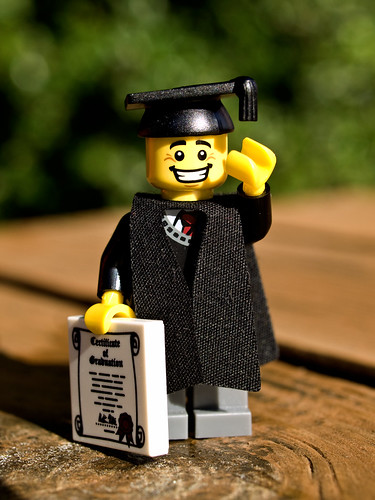Wikipedia edits have been in the news this week…
But how easy is it to change what’s said on Wikipedia, and can we trust it?
Wikipedia can be edited by anyone, and this is part of what makes the site so brilliant: information from all over the world is being added all the time on all subjects. This is so much more comprehensive and efficient than a traditional print encyclopaedia in which a small group of editors can work for months and months to complete a book which may well be out of date by the time it goes to print! Wikipedia is current; as something changes in the real world, any one of us can log onto Wikipedia and make a note of it for all the world to see.
But did you know that Wikipedia has a pretty stringent editorial policy? Yes, you can make a change, but as anyone else in the world can change it again, there have to be some rules in place to make sure that it’s not chaos!
There are lots of guidelines that any edit must meet, and there must be a consensus of editors. Wikipedia encourage discussion of all edits, but especially major ones:
“Behind the scenes of Wikipedia articles, there is a large community of volunteer editors working to build the encyclopedia. It is not uncommon for editors to disagree about the way forward. That is when discussion and an attempt at reaching consensus should take place. Every article on Wikipedia has a talk page, reached by clicking the Talk tab just above the title (for example,Talk:Alexander the Great). There, editors can discuss improvements to the content of an article.”
(See: Discussion and Consensus)
Click on the ‘View History‘ page of any article to see the changes (and associated comments) that have taken place.
Occasionally arguments, or Edit Wars, break out between Wikipedia editors (and have even been the cause of academic studies…) Information is Beautiful have a nice visual of some of the most heartily fought battles.
So how can you tell who wrote what?
Listen to the Today programme on Radio 4 (skip to 1 hour 22mins) discussing the allegations made against Grant Shapps – it’s harder than it seems to work out who wrote what on Wikipedia.
And this uncertainty can be it’s downfall. It’s the reason Wikipedia isn’t considered a reliable source of information – the person editing the page on nuclear physics could be a world leading researcher, but they might not be. And they could at any time have their edits crossed out by another editor.
But there is a way you can try to make sense of the edits, and in doing so boost your own research. Plenty of us go straight to Wikipedia for an overview of a subject we know nothing about – but not many of us at all use the reference list at the bottom of each page.
Did you notice all these in-text references in Wikipedia articles?

Hover over them and they open up a window to an source.

You can click on these links and read the news, or academic article that the information came from. If the link asks you to pay for access, go straight to LibrarySearch and look for the title – you may find that Royal Holloway Library has paid for access to the article another way, and you can go ahead and read it! If not, there are ways to get hold of useful articles and books.
It is good academic practice to make use of references – perhaps the quotation on Wikipedia was taken out of context, or perhaps it’s the perfect article to use to support your essay. You can’t tell who wrote the article, but if they’ve provided supporting evidence, read that to see if it is valid!
How do you know if it’s valid? Think about these factors.
So, to conclude: Wikipedia is a good source of background and general information, but it’s more difficult to determine the quality of the information – so make use of references provided, and if there are none: find them!
Like this:
Like Loading...




















